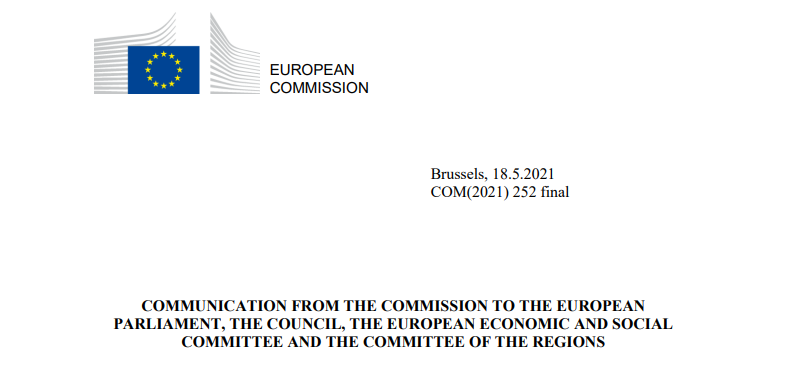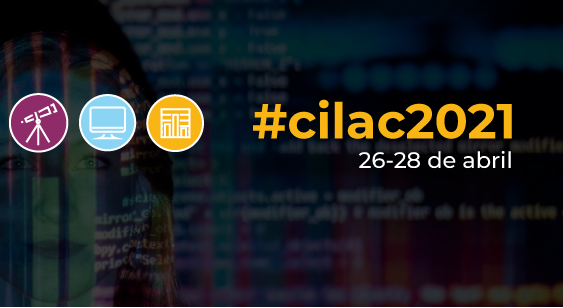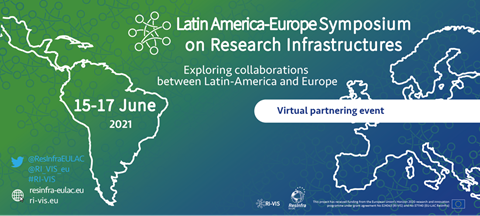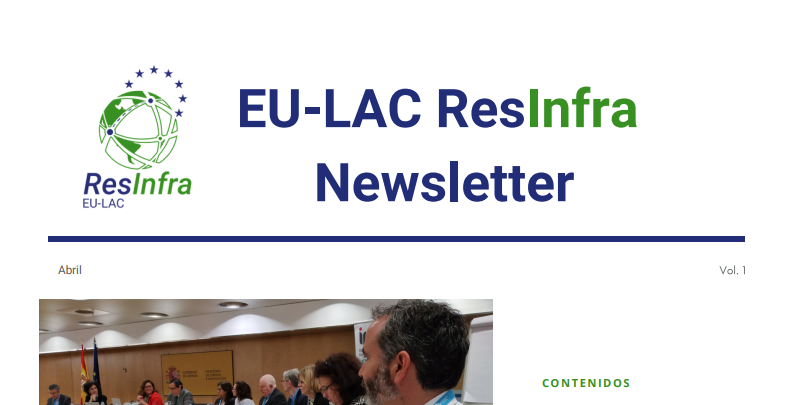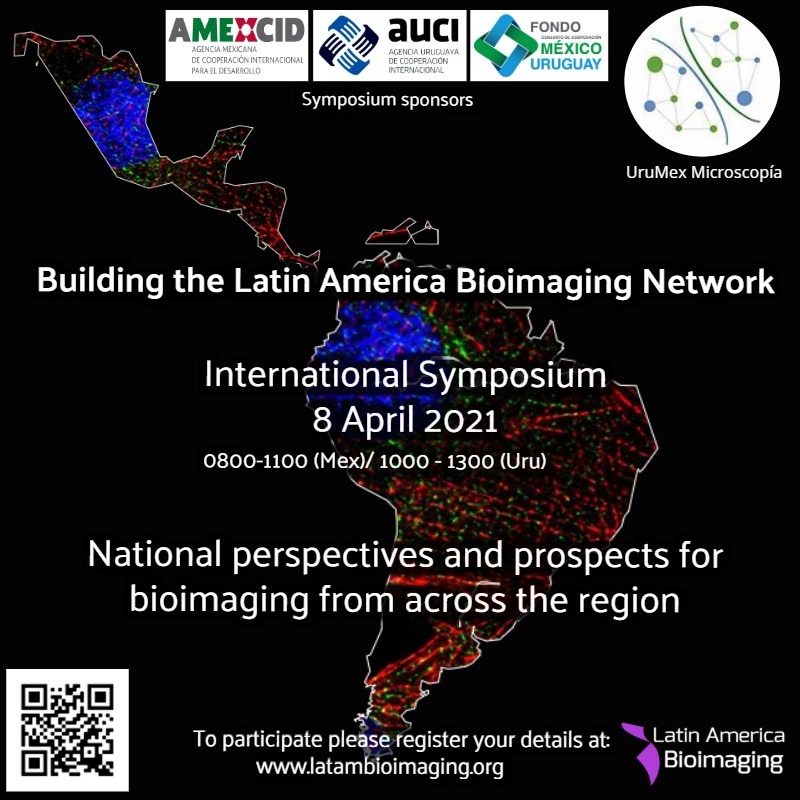Em 18 de maio, a Comissão Europeia publicou uma Comunicação sobre a estratégia da Europa para a cooperação internacional e a sua abordagem global da investigação e inovação. A presente comunicação aborda as posições, prioridades, desafios e objectivos da UE enquanto catalisador da internacionalização da investigação e inovação num mundo em mudança marcado pela experiência da pandemia.
Assim, o documento apresenta uma nova estratégia europeia que procura reforçar o multilateralismo e a abertura recíproca na cooperação em matéria de investigação e inovação, permitindo respostas globais aos desafios mundiais. Para tal, a CE está empenhada na autonomia estratégica aberta do ecossistema europeu de inovação, combinando-a com a sua cooperação bilateral com países terceiros em determinados domínios.
Esta estratégia define as posições sobre o papel que a UE deve assumir em várias questões relacionadas com a investigação e a inovação a nível mundial e as acções que a CE tomará em conformidade. Entre estas, a estratégia inclui posições sobre o compromisso da UE para com a abertura internacional e os valores fundamentais na investigação e inovação, a procura de um equilíbrio entre a ciência aberta e a autonomia e valores do Sistema Europeu de Inovação, ou o papel da UE na promoção da colaboração internacional em processos como as transições ecológica e digital, entre outros.
A estratégia prevê igualmente espaço para abordagens de cooperação da UE com países e regiões prioritários, incluindo a América Latina. Assim, a UE reafirma na Comunicação o seu compromisso e apoio à implementação do Roteiro Estratégico UE-CELAC para a Ciência, Tecnologia e Inovação, baseado nos quatro pilares da cooperação com a região: (i) desafios globais, (ii) mobilidade dos investigadores, (iii) infra-estruturas de investigação e (iv) inovação. A reafirmação desta estratégia, que orienta a ação do JIRI SOM, do WG on RI e do próprio Projeto ResInfra, reforça a perspetiva positiva do papel da cooperação bi-regional UE-ALC em I&I na recuperação dos próximos anos.
Aceder ao documento aqui.
